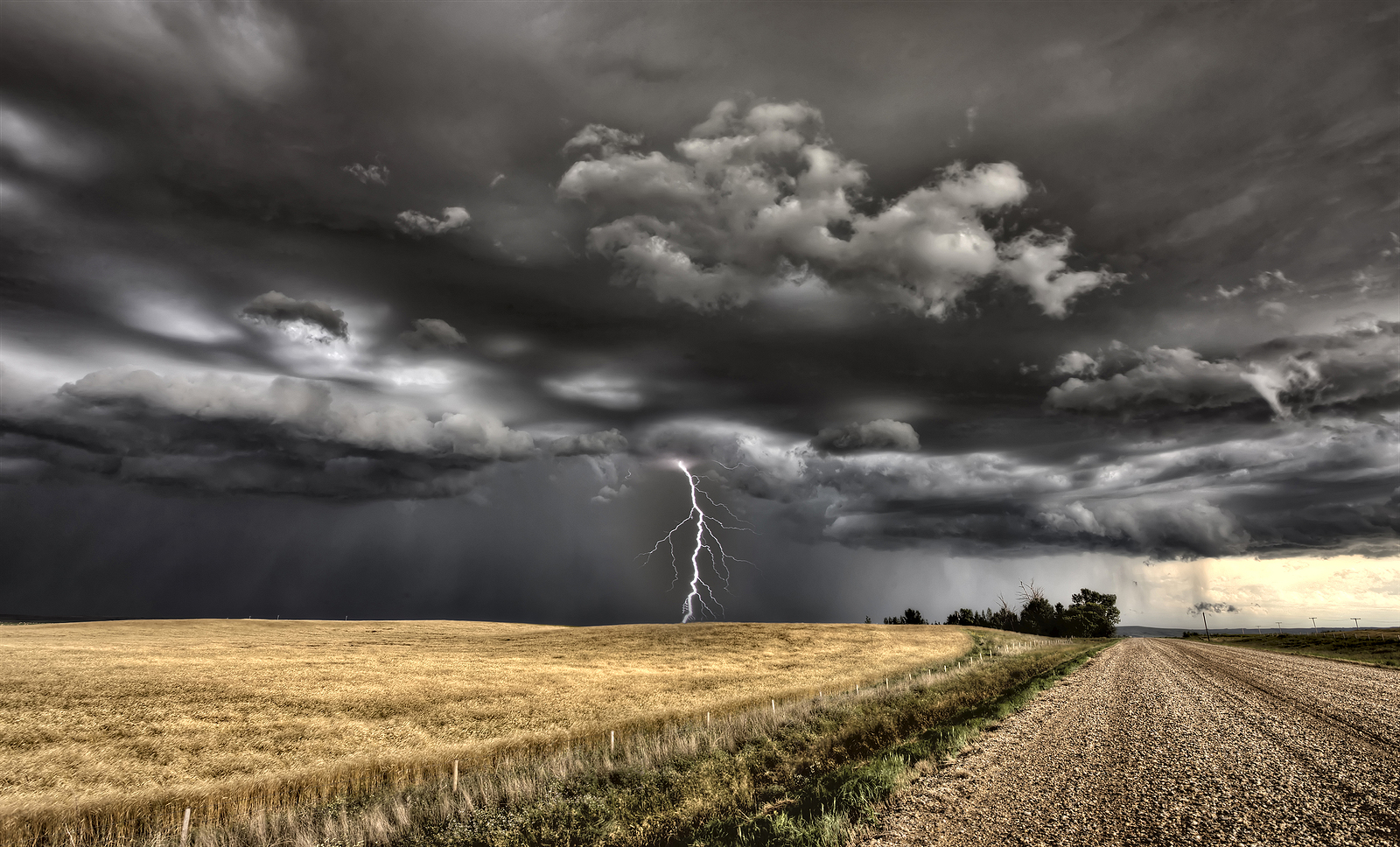
This is momentous! A new year! How are we going to deal with it? We all want to upgrade our existence and overcome the challenges.
No one is challenge-free. In this difficult world, every single person faces some kind of challenge; many people face multiple challenges. The darkness often seems overwhelming; frequently the pressures are so great that life seems to be spinning out of control.
Here is Rabbi Eliayahu Eliezer Dessler’s prediction of the days before Moshiach: “The destruction of Edom will only come through the destruction of this world [as we know it]. Hakadosh Baruch Hu will cause the very foundations of life on earth to collapse. Tranquility will be disrupted, personal lives will be filled with worry, fear and yissurim and the entire world will cower in dread of destruction and devastation. Only then will the light of Moshiach be revealed….” (Michtav M’Eliahu)
Doesn’t it seem as if these words are being fulfilled in our days?
In this week’s Parsha, Moshe Rabbeinu calls upon the heavens and the earth: “Give ear, O heavens, and I will speak, and may the earth hear the words of my mouth….” (Dvarim 32:1) Doesn’t it feel as if the heavens and the earth are pressing in on us and gigantic events are imminent? How do we deal with this?
Let’s examine how the year begins.
Rosh Hashanah begins with a tefillah called “Hataras Nedarim.” Yom Kippur begins with a tefillah called “Kol Nidre.” Both tefillos share something extremely basic, which I believe can help us understand exactly what we are trying to accomplish.
Both tefillos focus on words. Yes, words!
Words separate man from all other creations. Don’t get fooled by the scientists: dolphins and whales cannot speak; parrots cannot speak. They make sounds, but only man says words and enunciates thoughts. And that puts us on a level where we can become holy, because this trait of speaking words comes directly from Hashem.
Hashem created the world with words. “Y’hi ohr … let there be light!”
One can create worlds with words. And one can destroy worlds with words!
The Bais Hamikdosh was destroyed with evil words!
Once I had a doctor who told me I may have a terrible disease. He took a painful test and then I didn’t hear from him for weeks. I was in agony waiting for the horrible news. Finally, I called and asked why I had not heard from him.
“Oh, I forgot to call you. You’re fine!”
In my humble opinion, this is one of those doctors who is going to Gehenom. (See Kiddushin 82a) Words can heal and words can kill. An encouraging word from a doctor can bring one back from utter despair. I’ve seen this also.
On Rosh Hashana we ask mechila for all the actual and implied promises and assurances we gave to others. In fact, we also ask for mechila in advance, in case we make such apparent assurances in the future. On Yom Kippur, in Kol Nidre, we anticipate future promises and nullify them in advance.
The point is that our words have to be truthful. We do not even want to make commitments, because perhaps we will not live up to exactly what we committed ourselves to do.
I learned this from my parents, whose words were always truthful. And we all learn this from Hashem. Every day we begin Pesukai d’Zimra with, “Baruch sh’amar … Blessed is He Who spoke and the world came into being…. Blessed is He Who speaks and does; blessed is He Who decrees and … fulfills….” In other words, Hashem is absolutely trustworthy to fulfill His commitments, and we are responsible to imitate that.
We have to make sure that our words do not provoke or anger others, whether they are Jews or non-Jews. Provocative words and actions toward non-Jews can result in terrible damage to Jews, and provocative words to Jews can destroy lives, G-d forbid.
In Kaddish we say, “Ose Shalom … He makes peace Above; may He make peace … upon all Israel!”
That’s what we want, right? We want peace. It’s the last bracha in Shemoneh Esreh, and it’s the most difficult thing to achieve, but that’s where we are headed. We have to start now, with words of peace and truth, and may we soon see a world where all mankind speaks in truth and peace, a world of healing in which all tears are wiped away. “Hear the words of Hashem …. The One Who scattered Israel, He shall gather them in, and guard them as a shepherd does his flock.” (Yirmiah 31:9; Haftara Second Day Rosh Hashana)
If we make sure our words are words of truth and peace, we will b”ezras Hashem merit a year of peace and redemption! Ksiva v’chassima tova!
GLOSSARY
Bais Hamikdosh: The Holy Temple
Edom: The surrounding non-Jewish culture
Ksiva v’chassima tova: May you be written and sealed in the Book of Life
Mechillah: Forgiveness, nullification
Tefillah: Prayer
Yissurim: Sufferings